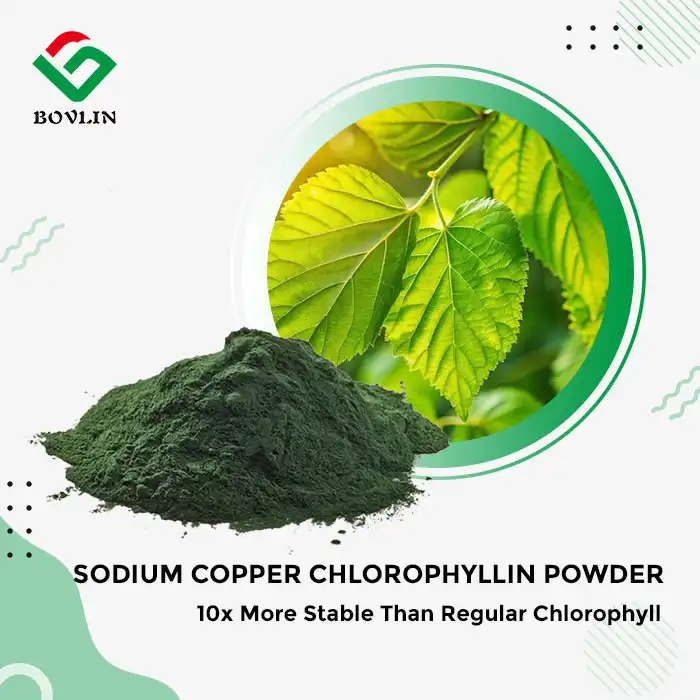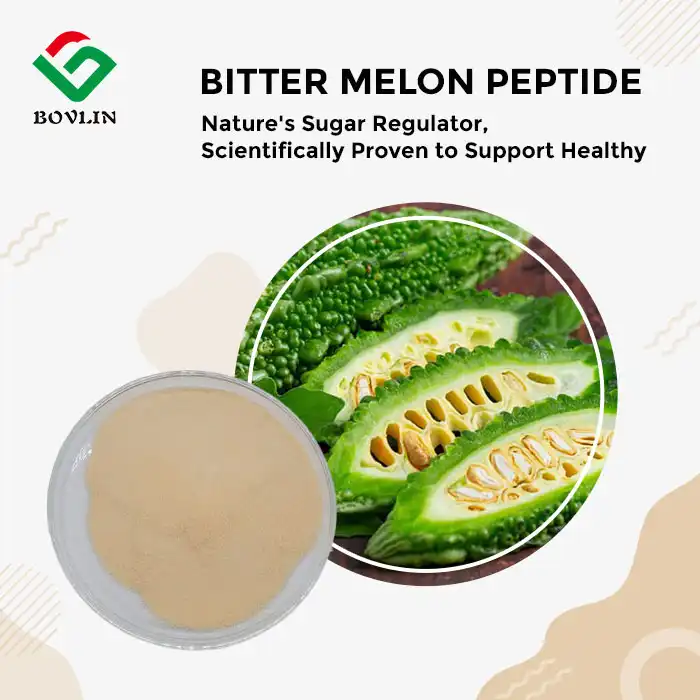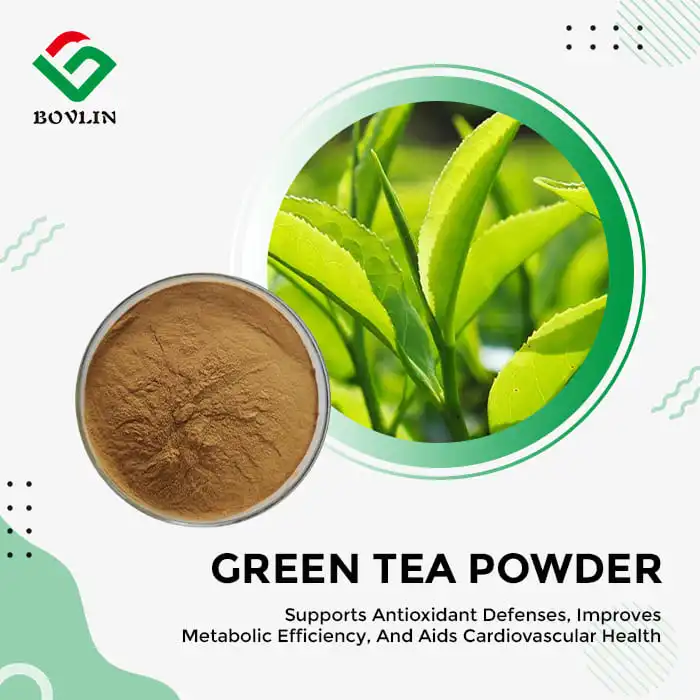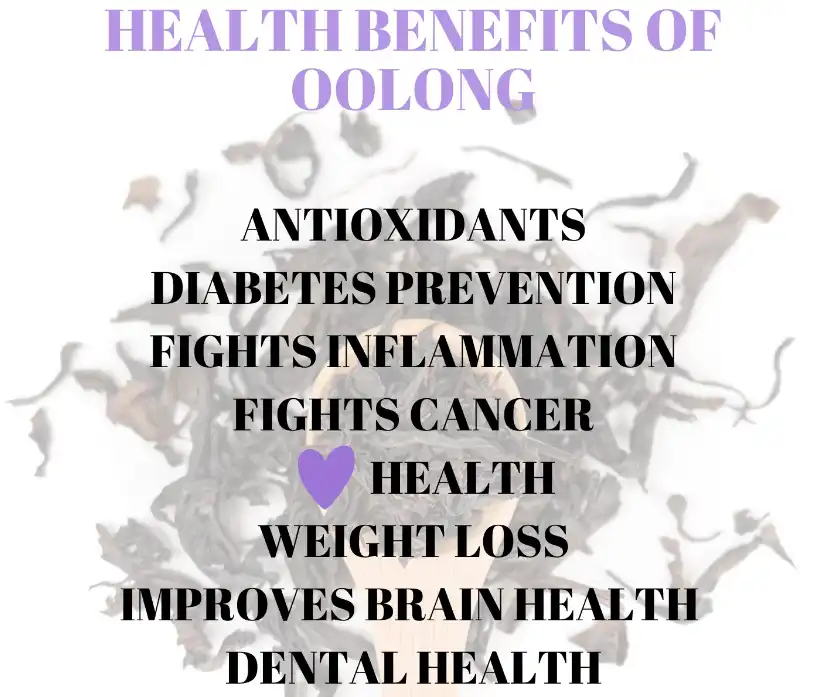Polyphenol Powerhouse: Antioxidants Galore
The Antioxidant Arsenal of Oolong Tea Powder
Oolong tea powder stands out as a rich source of polyphenols, notably catechins, theaflavins, and thearubigins. These antioxidant compounds are formed through the tea’s unique partial oxidation process, which bridges the gap between green and black teas. This oxidation produces a distinctive polyphenolic profile that allows oolong tea powder to offer a broad range of antioxidant actions. These compounds work by donating electrons to neutralize free radicals, thereby reducing their reactivity and preventing oxidative damage to cells, tissues, and vital biological structures.
Combating Oxidative Stress
Oxidative stress occurs when there is an imbalance between free radical production and the body’s ability to counteract their harmful effects. Oolong tea powder, with its diverse polyphenolic content, can significantly help restore this balance. Its antioxidants have been studied for their ability to reduce markers of oxidative damage and improve the activity of the body’s natural antioxidant enzymes. By mitigating oxidative stress, oolong tea powder contributes to overall cellular protection, which may support healthy aging, improved skin vitality, and reduced risk of chronic disease.
Synergistic Effects with Other Ingredients
The antioxidants in oolong tea powder not only work effectively on their own but also show promising synergy when combined with other bioactive ingredients. In functional formulations, pairing oolong tea powder with vitamins (such as vitamin C or E), herbal extracts, or other polyphenol-rich sources can enhance overall antioxidant efficacy. This synergy may lead to improved product performance, offering consumers greater protection from oxidative stress. For manufacturers, this creates an opportunity to develop more advanced, multifunctional health products that stand out in the wellness marketplace.
Metabolism Booster: Can It Aid Weight Management?
Thermogenic Properties of Oolong Tea Powder
Research suggests that oolong tea powder may possess thermogenic properties, potentially increasing energy expenditure and fat oxidation. This characteristic makes it an intriguing ingredient for manufacturers developing products aimed at supporting healthy weight management. The combination of caffeine and unique polyphenols in oolong tea powder may contribute to its metabolic-boosting effects.
Impact on Lipid Metabolism
Studies have indicated that oolong tea consumption may influence lipid metabolism, potentially helping to maintain healthy cholesterol levels. Oolong tea powder, with its concentrated form of bioactive compounds, could offer these benefits in a more potent and easily incorporated format for food and beverage manufacturers.
Appetite Regulation and Satiety
Some research suggests that oolong tea may play a role in appetite regulation and promoting feelings of satiety. While more studies are needed, this potential benefit makes oolong tea powder an attractive ingredient for manufacturers developing products aimed at supporting weight management efforts through appetite control.
Heart and Brain Defender: Dual-Action Benefits
Cardiovascular Health Support
The polyphenols in oolong tea powder have been associated with potential cardiovascular benefits. These compounds may help support healthy blood pressure levels and improve blood flow, making oolong tea powder a valuable ingredient for manufacturers developing heart-healthy products. The antioxidant properties of oolong tea powder may also contribute to overall cardiovascular health by reducing oxidative stress in the cardiovascular system.
Cognitive Function Enhancement
Emerging research suggests that the compounds found in oolong tea may have neuroprotective properties and could potentially support cognitive function. The combination of caffeine and L-theanine in instant oolong tea powder may promote alertness and focus without the jitters often associated with caffeine alone. This makes oolong tea powder an attractive ingredient for manufacturers developing products aimed at supporting mental performance and brain health.
Stress Reduction and Mood Support
The L-theanine content in oolong tea powder has been associated with stress reduction and improved mood. This amino acid may help promote relaxation without causing drowsiness, making it a unique ingredient for manufacturers looking to develop products that support both mental clarity and stress relief. The potential dual action of supporting both heart and brain health positions oolong tea powder as a versatile ingredient for a wide range of functional products.
Conclusion
Instant oolong tea powder represents a natural and potent ingredient with a diverse range of potential health benefits. Its rich antioxidant profile, potential metabolic-boosting properties, and support for both cardiovascular and cognitive health make it a valuable addition to various functional food and beverage formulations. As consumer demand for natural, health-promoting ingredients continues to grow, oolong tea powder stands out as a versatile and promising option for manufacturers looking to enhance the nutritional profile and appeal of their products.
Contact Us
For more information about our high-quality oolong tea powder and how it can benefit your product formulations, please contact us at sales1@bovlin.com. Our team of experts is ready to assist you in harnessing the power of this natural treasure for your next innovative product.












